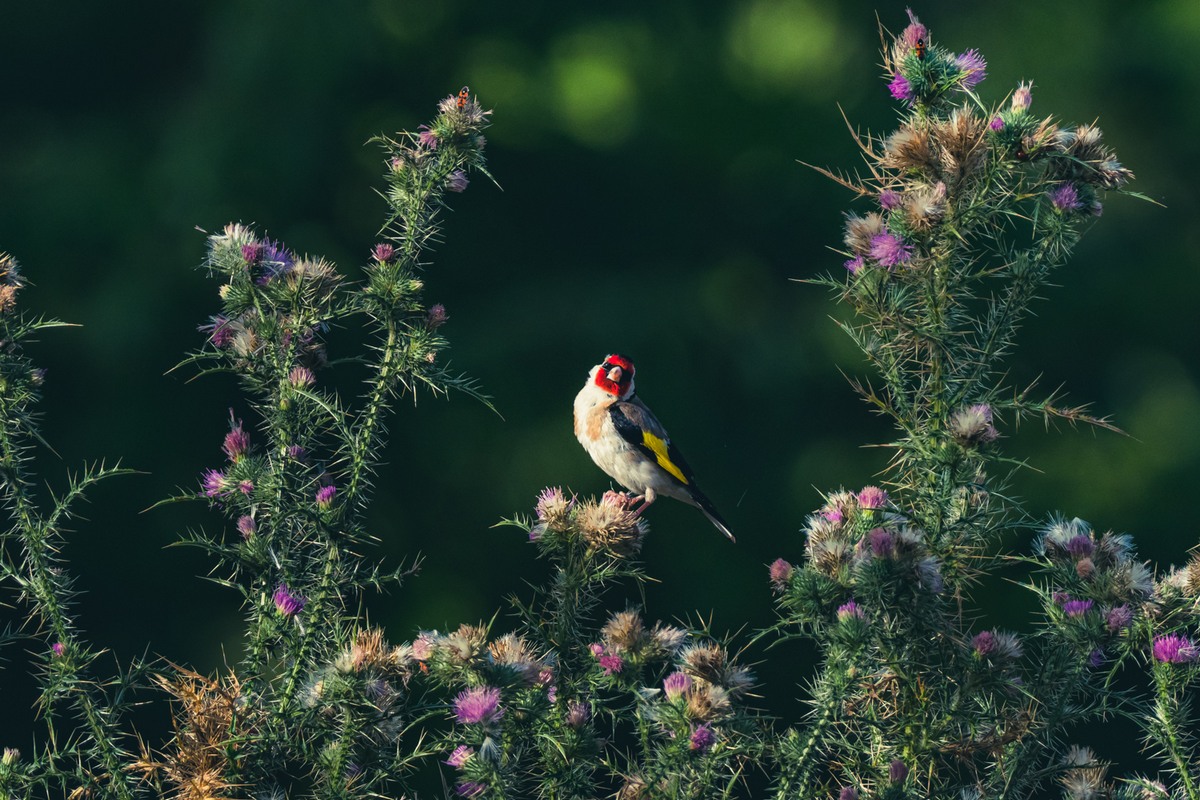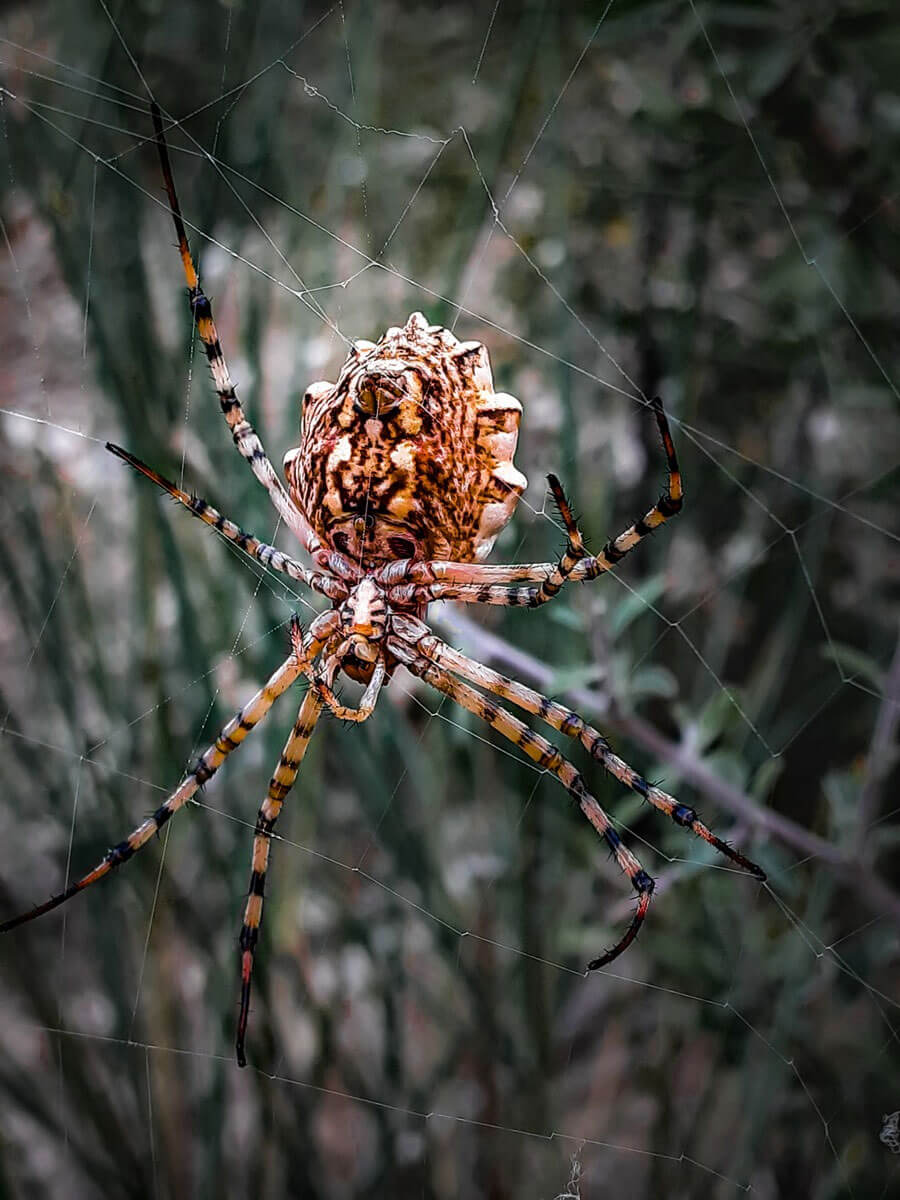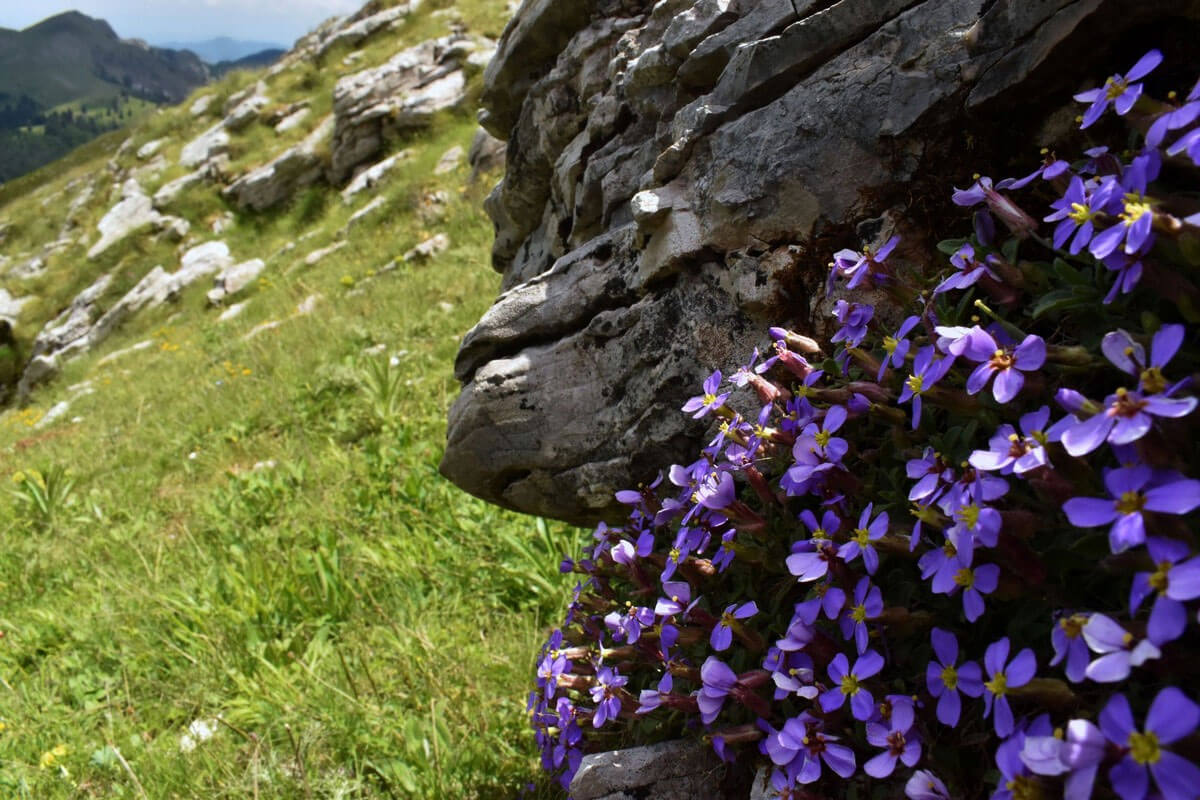THE BIODIVERSITY OF GREECE
Greece bears one of the highest levels of biodiversity in the Mediterranean.
Let's do everything we can to maintain this lead.
We love and protect our country.
Let's do everything we can to maintain this lead.
We love and protect our country.
We recognize our country's natural wealth
we enjoy it and
protect it
we enjoy it and
protect it
Because of its high endemism and since it is one of the last refuges for many threatened and rare species in the rest of Europe, Greece is an important area for the European and Mediterranean fauna and flora.
For humans, Greek nature has always been their nurturer and educator.
It fed them,
protected them,
taught them manners,
propelled their philosophical pursuits,
it became the scenery setting of their culture.
It fed them,
protected them,
taught them manners,
propelled their philosophical pursuits,
it became the scenery setting of their culture.




